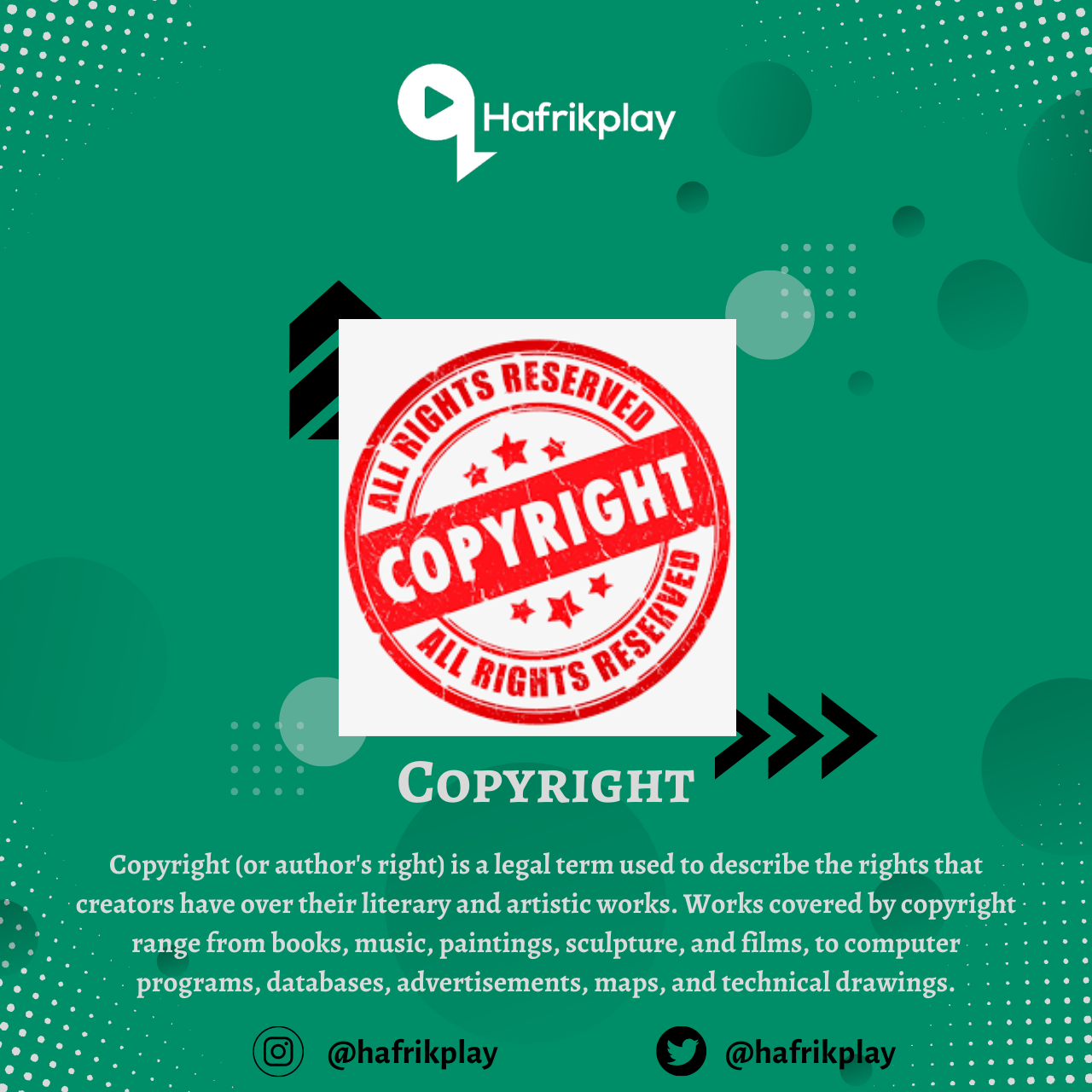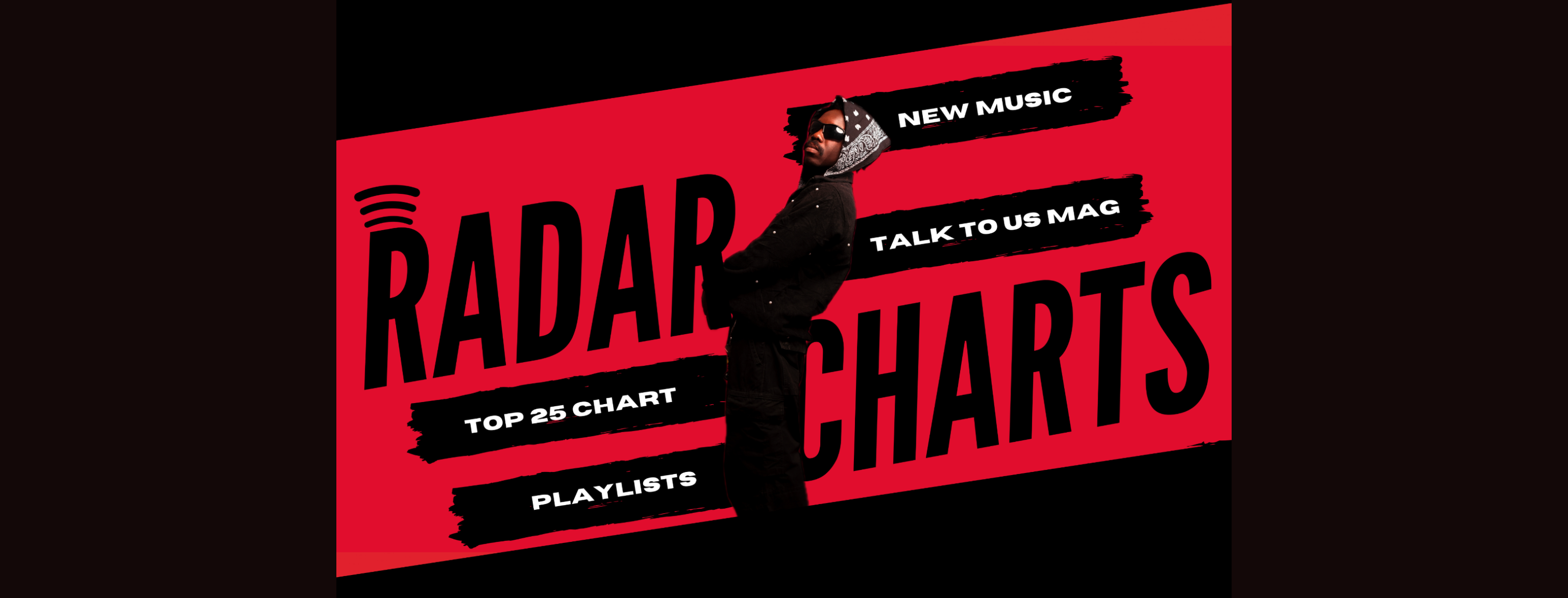What are Copyrights ?
A copyright provides the owner with the exclusive right to a particular work for a limited duration of time. For a work to be “copyrightable,” it must be original and fixed in tangible form, such as a sound recording recorded (affixed to) on a CD or a literary work printed (affixed to) on paper.

The concept of copyright developed after the printing press came into use in Europe in the 15th and 16th centuries. The printing press made it much cheaper to produce works, but as there was initially no copyright law, anyone could buy or rent a press and print any text. Popular new works were immediately re-set and re-published by competitors, so printers needed a constant stream of new material. Fees paid to authors for new works were high, and significantly supplemented the incomes of many academics . It was first developed in England.
Music is unique in that every track has two copyrights. One of these is a copyright in the song, i.e. the musical composition, which consists of the lyrics and underlying music (beat, instrumental). The other is a copyright in the sound recording or “master recording” itself.
A copyright owner is provided with five exclusive rights in their created work. The owner, as well as authorized third-parties, have the right to: (1) reproduce the work, (i.e., mechanical reproduction of the music for CDs, downloads, and vinyl); (2) distribute the work (i.e., stream or otherwise make the music publicly available); (3) prepare derivative works; (4) publicly perform the work (i.e., in a concert or on the radio); and, (5) publicly display the work. This means that the owner has the sole and exclusive right to publicly distribute copies of the work by sale, rental, or lease and to publicly perform or display the work, such as selling copies of a novel or publicly playing a musical recording at a restaurant.
If a copyright owner believes that one of their protected works has been infringed upon by another, this other party could potentially be liable for copyright infringement. Copyright infringement is shown by the owner proving ownership of a valid copyright in the allegedly infringed work and an actionable copying by the infringing party of the work’s original and essential elements.
No comments found

 hafrikPlayNG
hafrikPlayNG